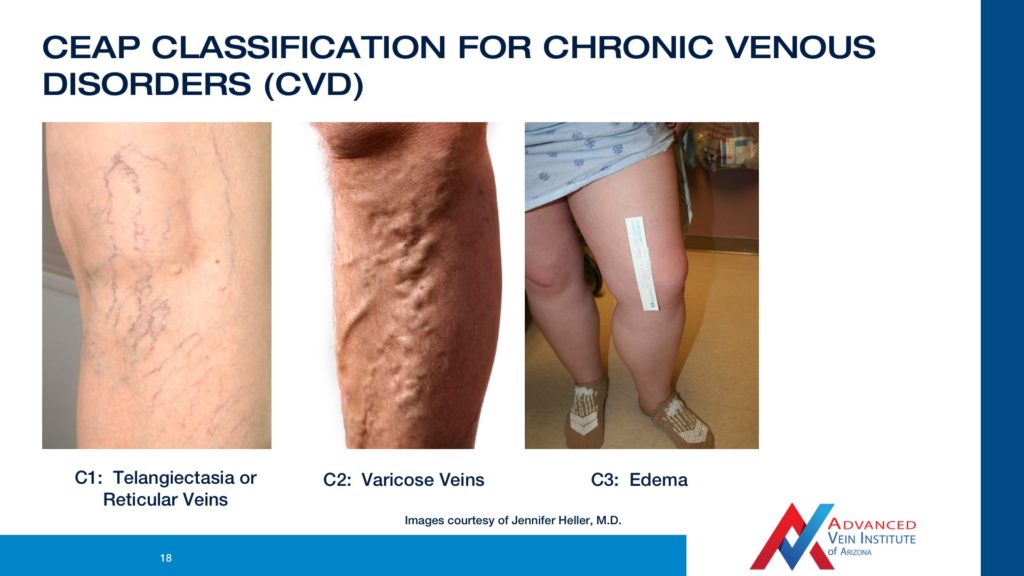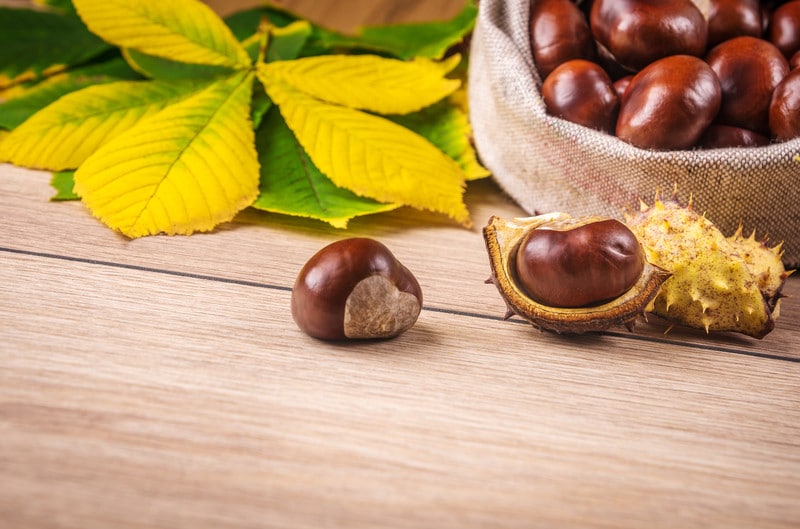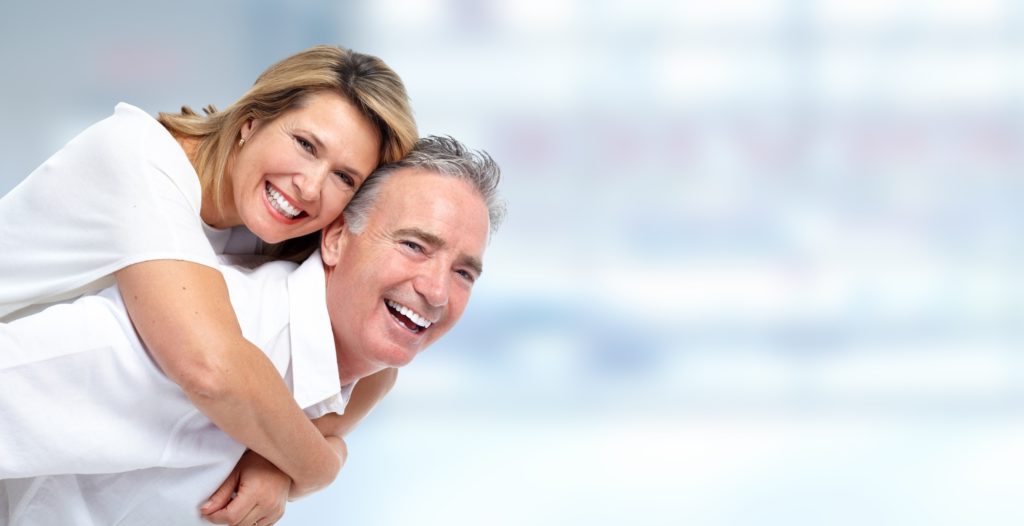VIDEO – The Causes of Vein Insufficiency
04 CVI The Causes of Vein Insufficiency from Tim C Martin on Vimeo.
If you have any questions or concerns about your vascular health, please schedule an appointment with Jilanne Rose at our Phoenix, Arizona office. With over 10,000 peripheral vein procedures to her credit, she is the Arizona Vein Specialist who can help you with any vascular concerns you may have.
And please share this with someone you care about!
VIDEO TRANSCRIPT
Factors of venous insufficiency:
The biggest and most prominent factor is genetics. Most people have a parent or grandparents that had bad veins and it passes on down the line. The onset of vein insufficiency in women is about the age of 35 and in men it’s a little older at 45.
Women and CVI
Things in women that can make chronic venous insufficiency worse: In pregnancy, with the increase in blood volume and hormonal shift, this increases the prevalence of the vein insufficiency and speeds up the time. The other thing that contributes to it is hormone replacement. When we first started replacing hormones in women we used to slam them with these huge doses of estrogen and progesterone. Those massive doses increased the incidence of vein insufficiency. It is not so prevalent now with the bioidentical hormones. They have dialed down birth control pills and that type of thing. So now, it is not as much of a factor but it certainly used to be.
Things such as smoking, hypertension, and obesity – a lot of those contribute to vascular compromise; however, usually most of those contribute more to the arterial type of disease.
Venous Insufficiency Causes?
So very briefly –what causes vein insufficiency? Essentially I like to relate it to stretching a rubber band out. You can stretch that rubber band out so many times and then you can’t make it regain its elasticity. That is very similar with veins.
Because of gravity and values that exist within these veins once they become weak and dilated the veins always remain stretched out. For that reason often times we get the symptoms we do. So if we are standing in a stationary position for a long period or if you are sitting for long periods of time, such as on long flights or long drives, the blood settles in pools in these weak veins and that is what causes swelling, night cramps, fatigue, heaviness, restless legs and numbness and tingling. Some people progress into itching, recurrent infections of the legs, and then eventually wounds if it progresses to that point.
This is one of the classifications that we use that are required to classify how significant veins are. The reticular veins are the ones you see on the surface of the skin, the little red wispy, almost spider vein-like eruptions.
The varicose veins are the larger ones that almost look like little ropes or cords under the surface of the skin.
Edema is a fancy word for swelling. A lot of people will get swelling around the ankles. If swelling gets real significant it just builds and progresses up the leg.
Pigmentation or eczema - a lot of times with chronic venous insufficiency, when that blood settles and pools in these veins, the skin starts to lose the nutrients it needs to stay healthy on the inside so that the body starts to try to protect its self. It starts to toughen up the skin and then the skin can turn brown. If you are pale or fair skinned, your skin turns a little bit darker. If you are darker complected sometimes it will actually turn black. It normally progresses and then you wind up with lipodermatosclerosis, another fancy term. The tissue starts to turn and break down and cause ulcers.

Although there is no cure for varicose veins and venous insufficiency, there are certain varicose vein home treatments you can to help relieve some of the symptoms of aching legs, swelling of legs, itchy legs, leg cramps and restless and heavy legs. Varicose Veins Homeopathic Treatment For those who prefer a homeopathic approach for managing…
Read MoreAre you worried about your varicose veins? A lot of people who have venous insufficiency or vein disease do not realize they have it or how straightforward it is to treat. Symptoms of venous insufficiency or vein disease are progressive and can start as early as your teens and twenties, but will only get worse…
Read MoreCan You Cure Varicose Veins? There are several conservative therapy and management of vein insufficiency options to help with the symptoms associated with varicose veins. None of these methods will prevent or fix the underlying problem. There is no cure for varicose veins or venous insufficiency, once a vein is abnormal (fails to return blood…
Read MoreWhat jobs contribute to getting or worsening varicose veins? When you are in the business of taking care of other people, sometimes you get so busy taking care of them that you forget to take care of yourself. People with active lives and active legs, like fire fighters, paramedics, nurses, police officers, teachers, flight attendants,…
Read MoreCauses of Varicose Veins During Pregnancy There are a number of reasons why women get varicose veins during pregnancy. First, the volume of blood circulating in the body increases to help support your growing baby. However, veins don’t have a way to accommodate the extra volume so sometimes the veins bulge, itch, are painful to…
Read MoreWhat is a Vein Specialist? When the venous system becomes incapable of doing its job effectively, that is when a vein specialist is at their best. A vein specialist is a medical provider whose main focus is the treatment and management of venous disease. Vascular medicine is composed of two different systems, arterial and venous.…
Read MoreCan I Use Essential Oils For Varicose Veins? Essential oils can help to temporarily alleviate symptoms associated with the underlying problem of varicose veins, but they do not prevent, treat, or cure venous disease itself.
Read MoreThere are several treatments available for painful varicose veins According to recent studies, 50 to 55 percent of women and 40 to 45 percent of men in the United States suffer from some type of vein problem. Varicose veins affect half of people 50 years and older, typically found on the thighs, inside the leg,…
Read MoreHigh Temperatures Will Irritate Varicose Veins As hot as it gets in Arizona, we can’t blame the sun for our varicose veins or spider veins as it is not the cause. However, our hot Arizona summers do cause diseased leg veins to get worse, as do hot tubs, heating packs, and prolonged hot baths. Warmer…
Read MoreDoes smoking cause varicose veins or spider veins? The noxious chemicals in cigarettes can do serious damage to your veins and arteries, whether you use tobacco products on a day-to-day basis or on occasion. The signs of damage from smoking often shows up in our vein center patients through the development of spider veins…
Read More


